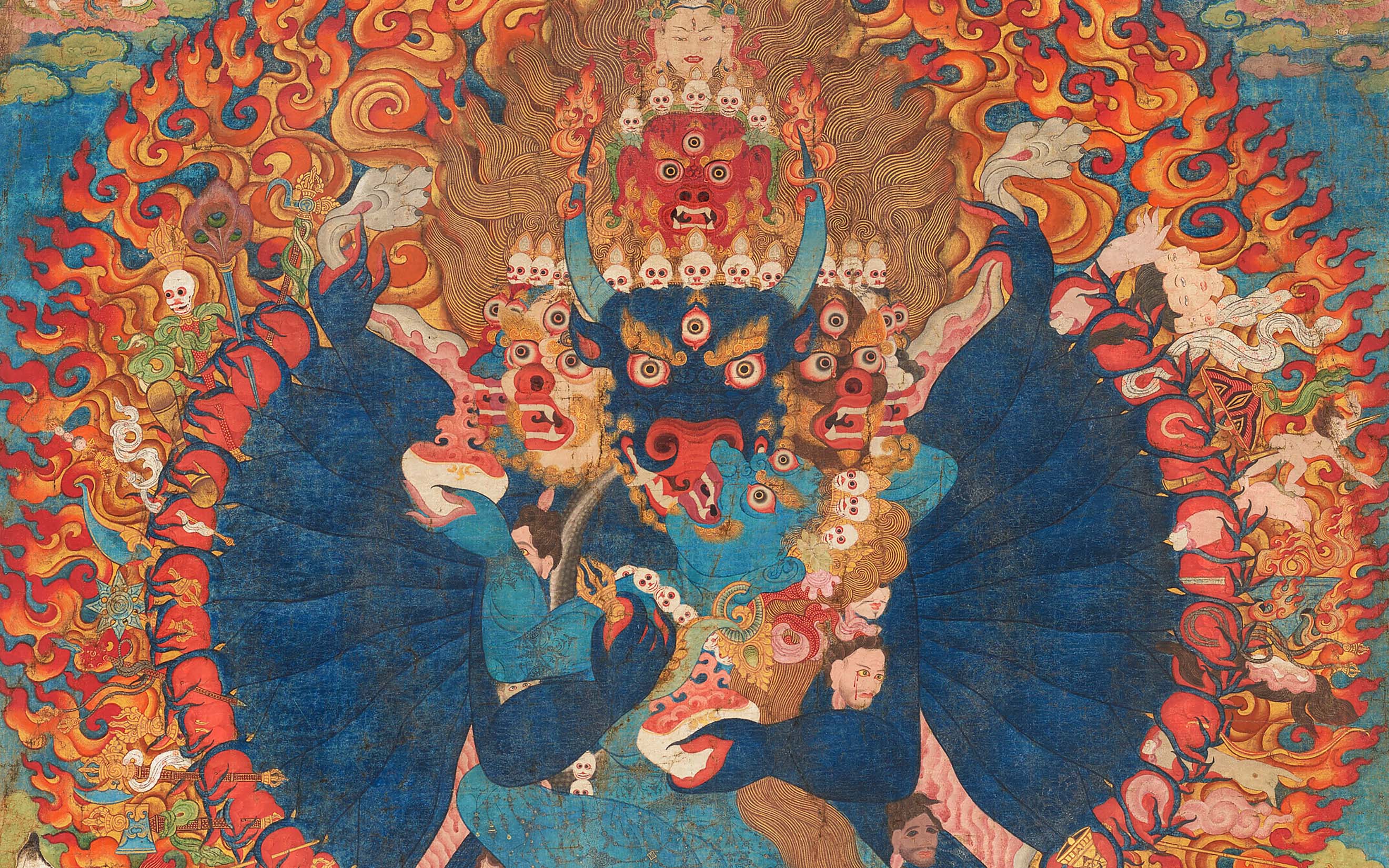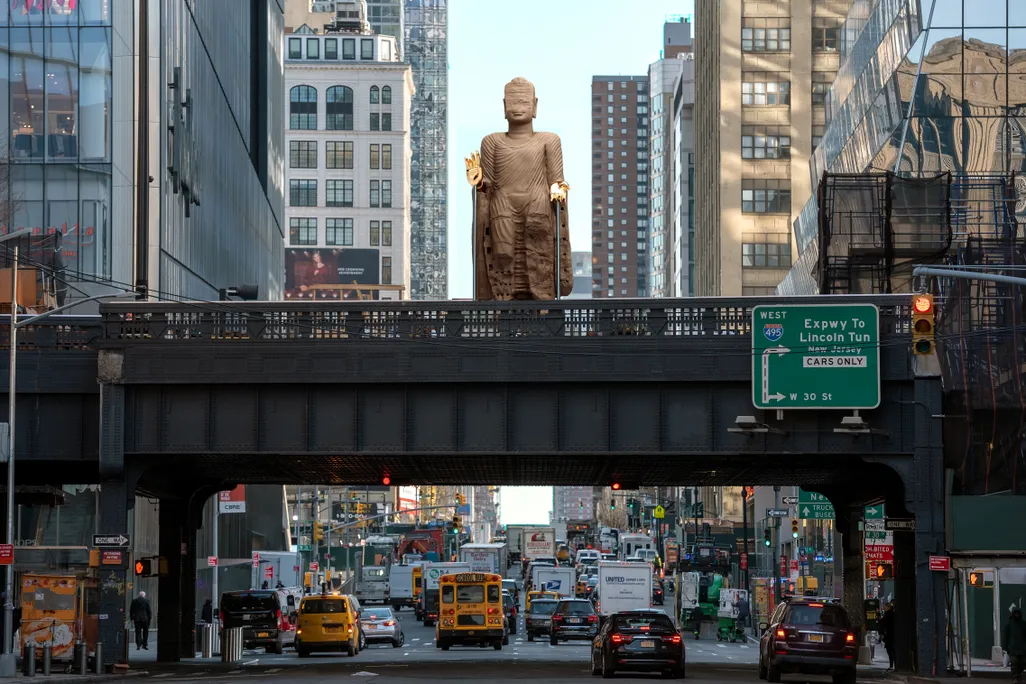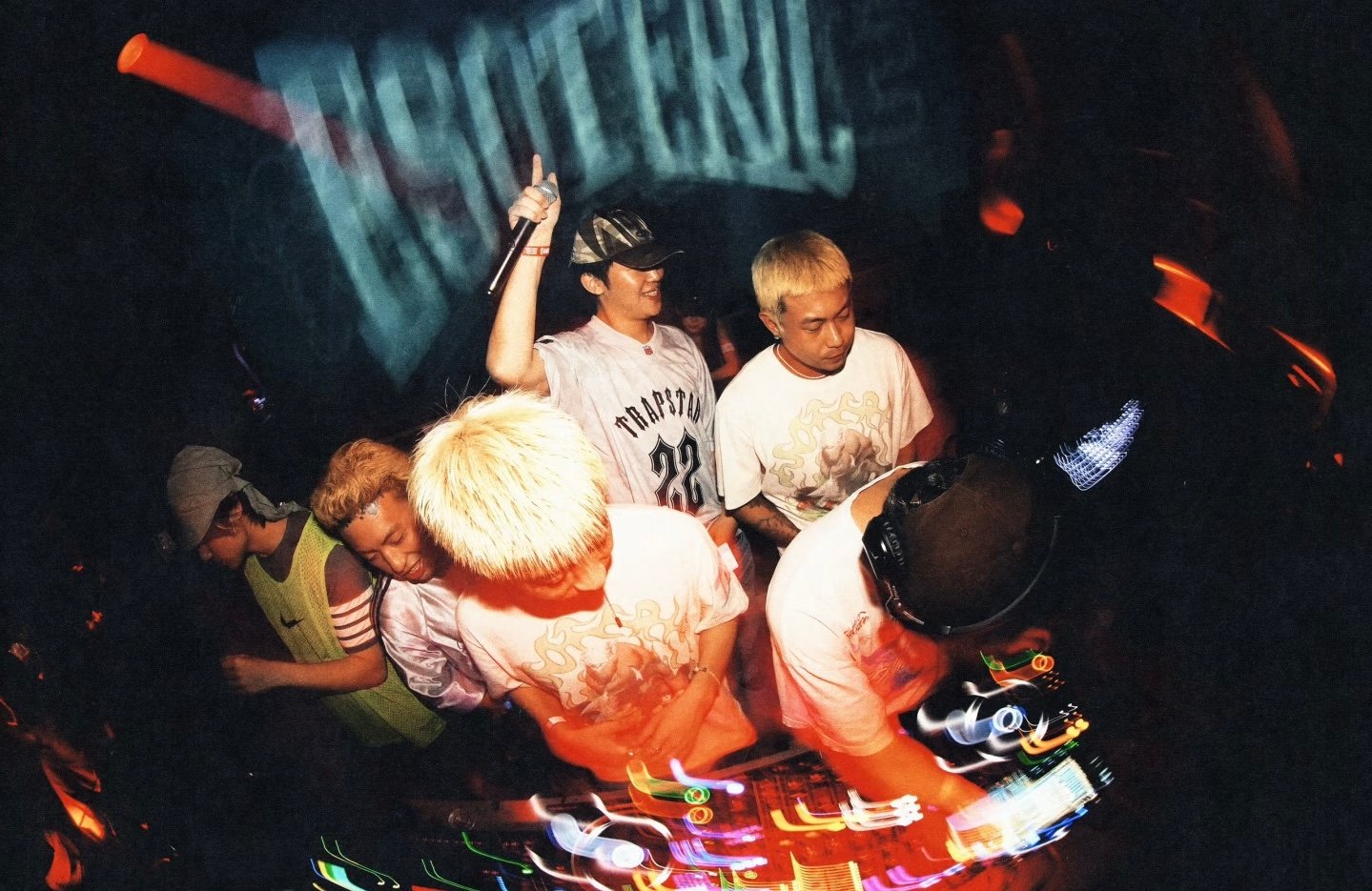Shanghai-based illustrator Fenta’s comic series about a little purple bat called Afu is beautifully realized. Based in a fictional place called Golden Valley Forest Park and populated by a motley crew of quirky characters, including a boy named Da and a tall brown otter called Ta, the series has developed into a world unto its own.
Every great piece of work should have a great origin story. As Fenta, whose real name is Chen Fenda, tells us, “You need to do a lot of things to build a whole comic world. You need to come up with details of the city, the small town they’re living in.”
For him, he found his inspiration while he was living in the tiny attic of his sister’s apartment.
“I was living in an attic, and I felt like I was a bat living there. I wasn’t in a good mental state at the time,” Fenta tells us. “I wanted to use this diary format and turn myself into a bat living in an attic and have a conversation with myself. Or perhaps, through the bat’s view, look at the world and his life.”
He’d just finished university and was somewhat adrift, attempting to make significant steps in his illustration career after being inspired by a professor to follow his love of drawing while he was based in Taiwan.
Fenta had initially been studied editing and publishing in the literature department of his school, but, “In my junior year of college, I went to Taiwan for an exchange program and met a professor there. I followed her guidance and realized my interest in drawing. That was when I decided to pursue visual art as a career.”
The sophistication of the comic itself is somewhat bewildering. Combining an artistic simplicity and the investiture of his thoughts into the various characters that make up the world he has created, Fenta’s work simmers with engaging opposing forces. Afu, the bat, is the cynical center of the comic, but others, like Da, soften his bleak musings on life and the world.

Image courtesy of Fenta
In Fenta’s eyes, the comics that he makes are books that would actually be published in the world in which the characters live. Each booklet comes with opening pages that feature advertisements for local amenities, as well as short news snippets. The latest series of his comics revolved around horror and mystery stories.

Image by Thanakrit Gu
His work feels similar to the act of painstakingly chiseling out the features of a sculpture. He spends days and weeks crafting the story behind each comic. When he is having trouble finding inspiration, he turns to poetry, turning himself inwards. “People may think you should go out and talk to people when you’re running out of ideas. But I like to dive deeper inside to discover what is already in my heart.”
As he worked on refining the mannerisms of Afu, the purple bat, and the world in which he lives, Covid-19 broke out in China. While the origin of the respiratory disease has not yet been identified, many people presumed at the time that it had come from bats sold at a Wuhan wildlife market.
Related:
 Chinese Cartoonists Grieve, Pray and Respond to the Coronavirus OutbreakIndependent cartoonists have responded to the epidemic, eschewing prosaic happy Year of the Rat illustrations in favor of decidedly more pointed and poignant worksArticle Feb 03, 2020
Chinese Cartoonists Grieve, Pray and Respond to the Coronavirus OutbreakIndependent cartoonists have responded to the epidemic, eschewing prosaic happy Year of the Rat illustrations in favor of decidedly more pointed and poignant worksArticle Feb 03, 2020
Fenta’s Afu character thus took on a new significance. He talks about how he tried to use Afu as a way to raise awareness of health issues. “When the pandemic first began, I posted a short comic story of Afu on my WeChat official account to remind people to wash their hands and wear masks. Shockingly, someone commented under the post questioning the use of a bat character.”
His fans came out in defense of his use of the bat, however, pointing out that Afu had been the center of his comic work since 2017, long before the outbreak of the pandemic. He adds that, “People spoke up and said that we still hadn’t found concrete evidence, so we shouldn’t just cancel an entire species of animal. Other people explained how I’d always used the bat character and wasn’t drawing bats just because of the pandemic.”

Image courtesy of Fenta
The ultimate aim for Fenta is to create a broad universe based around his Afu character, an ‘Afuniverse’ if you will. He continues to write and draw his comics and has also begun creating merch like candles, fans and small rock statues.
However, his work is often beset by the conflict between these two forms of work. He tells us that, “I need money to create content. But drawing and non-drawing tasks are always in conflict. If I spend too much time drawing, I won’t make enough merch. But if I make too much merch, my readers will forget that I am a comics artist.”
The market for independent illustrators revolves, to a large extent, around fairs and markets where creators can sell their books and their merchandise. Following Fenta at abC Art Book Fair, a popular market for independent bookmakers founded in 2015, he told us that most of his income comes from selling his merch at these events.

Image by Miranda Wang
The tenuousness of being able to rack up good sales at these events goes hand in hand with the freelance lifestyle that Fenta has established for himself. “My parents don’t know I’m freelancing. I tell them I have a full-time job,” he tells us. “I do sometimes feel the instability of freelancing. After all, I need to pay my rent. But every indie creator and freelancer, I think we’re all in the process of finding our own way to balance out work and life.”

Image courtesy of Fenta
Ultimately, he’s keenly aware of the possibilities that having such a strong, attractive IP can have, and for now, he’s aiming high.
“I hope in 10 years, I won’t have to worry about my income anymore. My works can be published successfully or even serialized, and I can live off the royalties.”
Cover image courtesy of Fenta


















